Archive
Melbourne, which has somehow appropriated for itself the reputation of being the first Australian city of ‘thought’, has become the last major city in this country to host a large-scale writer’s week. Well, we now have one and it’s called the Melbourne Writers’ Festival, and it is currently being staged.
... (read more)Strange Country: A study of Randolph Stow by Anthony J. Hassall
The Age Good Food Guide: 7th edition by Claude Forell and Rita Erlich
Dear Editor,
That twice but incompletely published review of mine of recent architectural books continues to cause trouble for all concerned. Noting the letter (ABR, August) from the Townsville City Council, I’m delighted to learn of their concern for the preservation of old buildings, and fully understand their distress at being misrepresented by me. As they have magnanimously conceded, I was merely working with ‘facts’ found in the books under review. I therefore gladly volunteer my apologies to the Townsville City Council.
... (read more)








